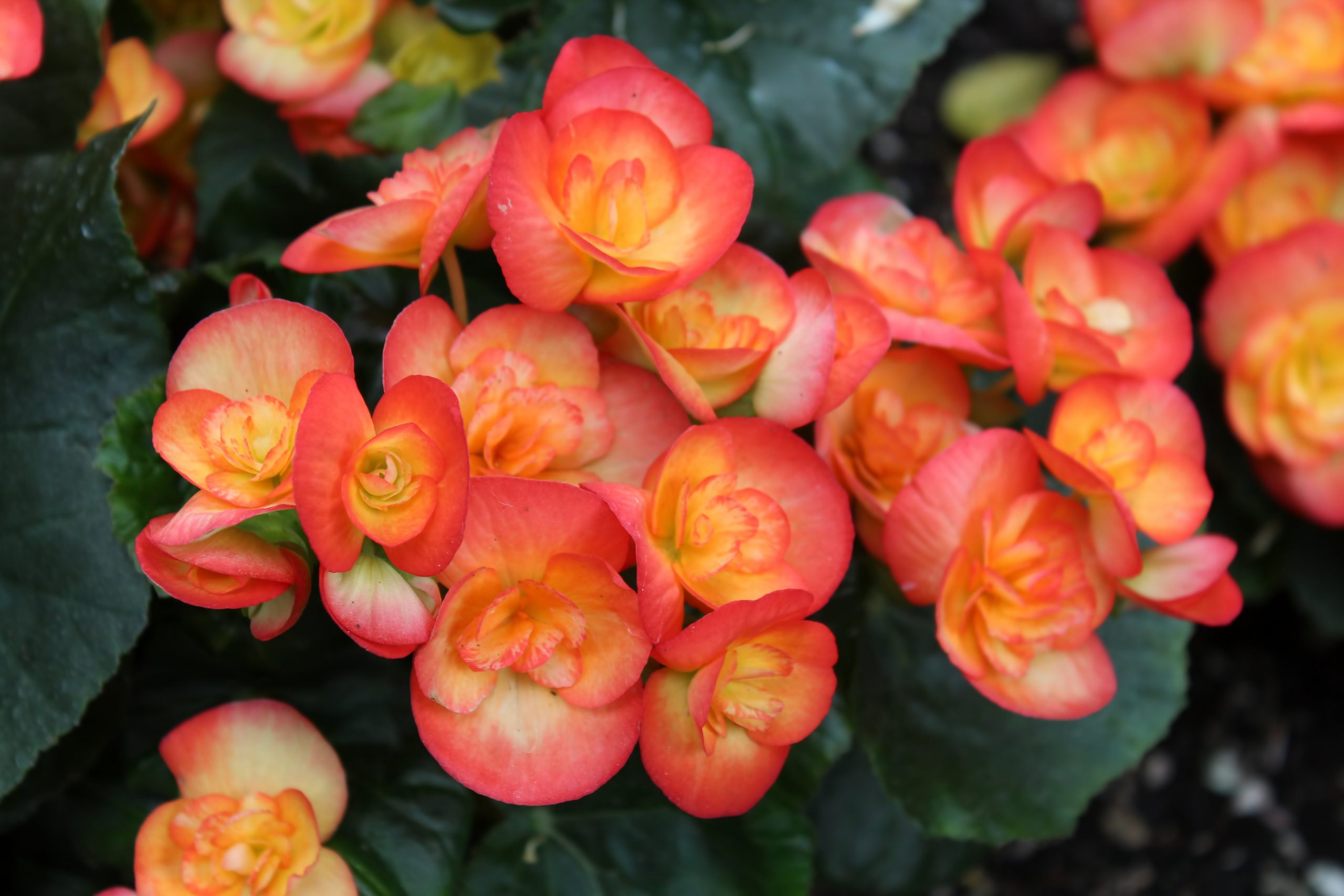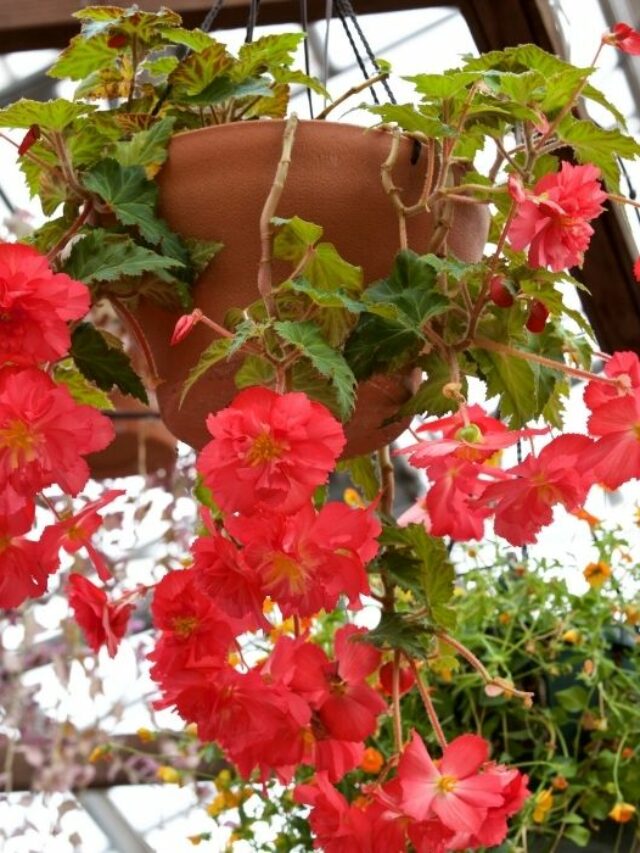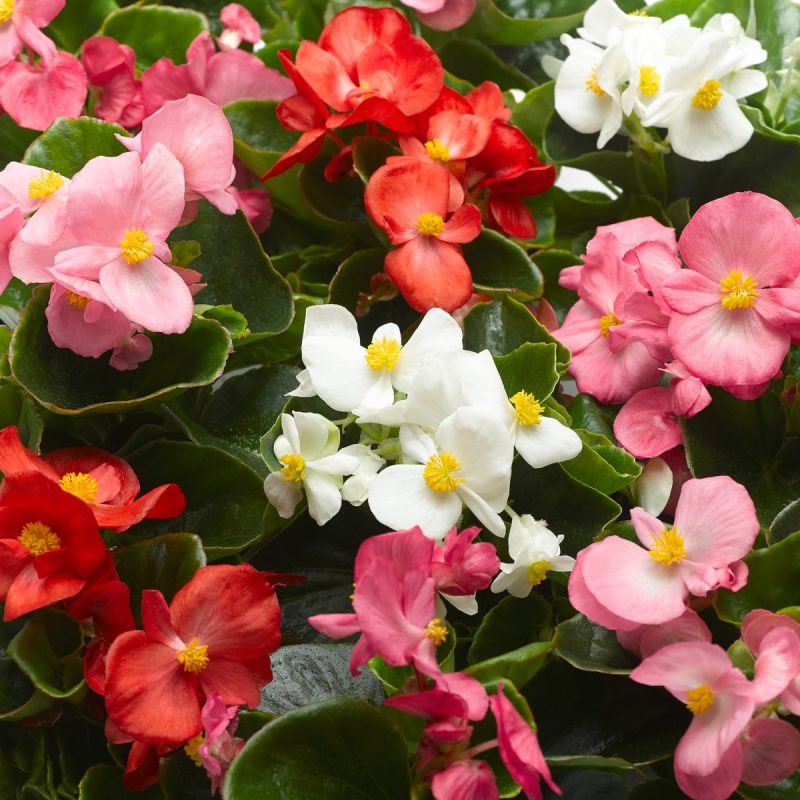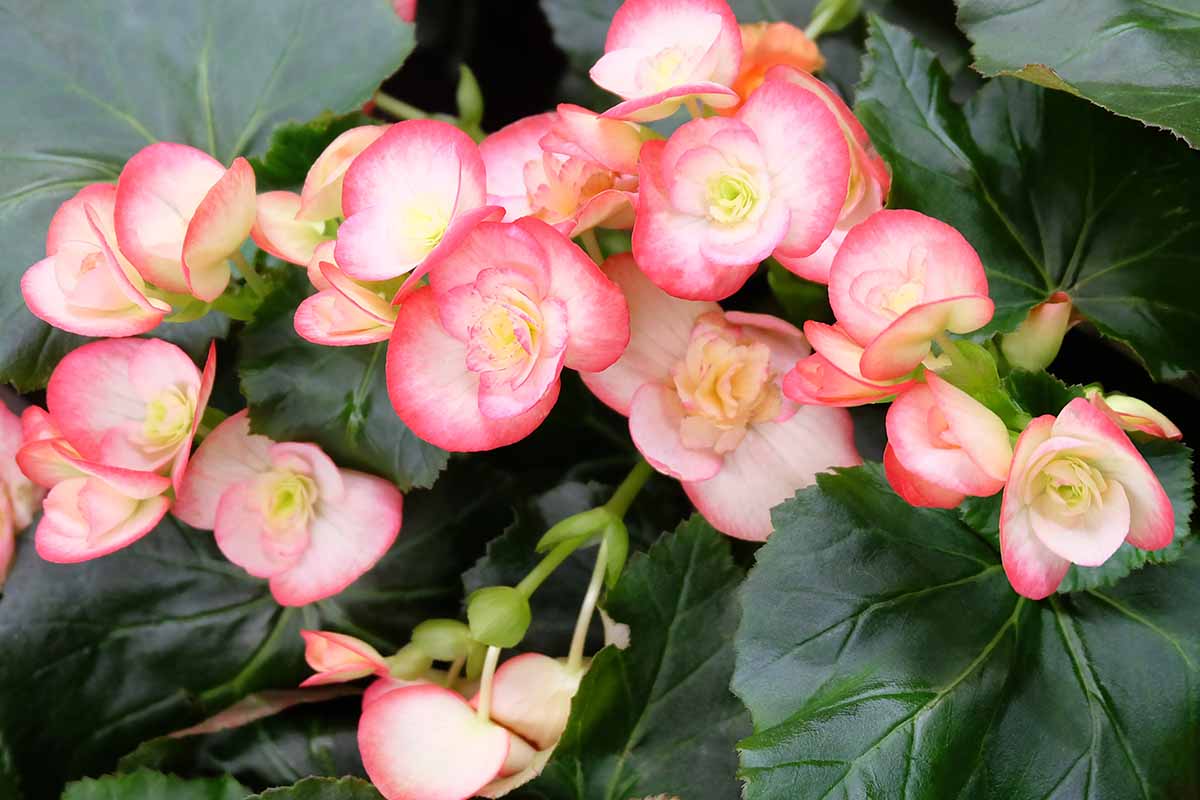Why Soil Matters: The Foundation of Begonia Care
Soil quality plays a vital role in the health and appearance of begonias. A well-balanced soil mix provides the necessary nutrients, moisture, and aeration for roots to develop, allowing begonias to thrive. On the other hand, poor soil quality can lead to weak, spindly growth, and increased susceptibility to disease. In fact, using the best soil mix for begonias can make all the difference in achieving vibrant colors, robust foliage, and a strong root system. By understanding the importance of soil in begonia care, gardeners can take the first step towards creating a thriving, beautiful display of these stunning plants. Whether you’re a seasoned gardener or just starting out, selecting the right soil mix is crucial for optimal growth and development.
Understanding Begonia Soil Requirements: A Deep Dive
Begonias have specific soil needs that must be met to ensure optimal growth and development. One of the most critical factors is pH level, which should range from 6.0 to 7.0. A slightly acidic to neutral soil pH allows begonias to absorb essential nutrients effectively. In terms of nutrient requirements, begonias are heavy feeders and require a balanced fertilizer that provides nitrogen, phosphorus, and potassium. A soil mix with a nutrient-rich formula can help promote healthy growth and vibrant colors. Moisture retention is also crucial, as begonias prefer well-draining soil that retains some moisture but doesn’t become waterlogged. By understanding these specific soil requirements, gardeners can select the best soil mix for begonias and create an ideal growing environment.
How to Choose the Perfect Soil Mix for Your Begonias
Selecting the best soil mix for begonias can be a daunting task, especially with the numerous options available on the market. However, by considering a few key factors, gardeners can make an informed decision and provide their begonias with the ideal growing environment. First, it’s essential to look for a soil mix that is specifically designed for begonias, as these mixes typically contain the right balance of nutrients and pH levels. Additionally, consider the moisture retention and drainage capabilities of the soil mix, as begonias prefer well-draining soil that retains some moisture. Another critical factor is the organic matter content, as this can improve soil fertility and structure. By avoiding common mistakes, such as choosing a soil mix that is too dense or lacks essential nutrients, gardeners can ensure their begonias receive the best possible start in life. When in doubt, opt for a high-quality, reputable brand that specializes in begonia soil mixes, and always read the label to ensure it meets the specific needs of your begonias.
Top-Rated Soil Mixes for Begonias: Product Reviews
When it comes to selecting the best soil mix for begonias, there are numerous options available on the market. To help gardeners make an informed decision, we’ve reviewed and compared some of the most popular soil mixes specifically designed for begonias. Miracle-Gro’s Begonia Soil Mix is a top contender, offering a balanced blend of nutrients and a pH level tailored to begonias’ needs. Black Kow’s Begonia and African Violet Mix is another popular choice, boasting high-quality organic matter and excellent moisture retention. Espoma Organic’s Begonia Soil Mix is a great option for those looking for an eco-friendly solution, featuring all-natural ingredients and a slow-release fertilizer. When choosing a soil mix, consider factors such as nutrient content, pH level, and moisture retention to ensure you’re providing your begonias with the best possible start in life. By selecting a high-quality soil mix, gardeners can create an ideal growing environment that promotes healthy growth and vibrant colors. Remember, the best soil mix for begonias is one that meets their specific needs, so be sure to read labels carefully and avoid generic or all-purpose mixes.
The Role of Organic Matter in Begonia Soil
Organic matter plays a vital role in creating the best soil mix for begonias. By incorporating materials such as compost, peat moss, or perlite into the soil, gardeners can improve drainage, fertility, and overall soil structure. Compost, in particular, is an excellent addition to begonia soil, as it provides a slow release of nutrients and helps to support beneficial microbial activity. Peat moss, on the other hand, is an excellent moisture-retentive material that can help to prevent over-watering and ensure that the soil remains consistently moist. Perlite, a type of volcanic glass, can also be added to the soil to improve drainage and aeration. When selecting an organic matter to add to the soil, consider the specific needs of your begonias and choose a material that will provide the necessary benefits. For example, if your begonias are prone to over-watering, adding perlite or vermiculite may be a good option. By incorporating organic matter into the soil, gardeners can create a well-balanced and thriving environment that supports healthy begonia growth.
Creating Your Own Begonia Soil Mix: A DIY Guide
While there are many excellent commercial soil mixes available, creating a custom soil mix for begonias can be a cost-effective and rewarding experience. By mixing and matching different ingredients, gardeners can create a tailored blend that meets the specific needs of their begonias. To get started, gather the following ingredients: peat moss, vermiculite, perlite, compost, and a balanced fertilizer. For a basic recipe, combine 2 parts peat moss, 1 part vermiculite, and 1 part perlite. Add 1 cup of compost and 1 tablespoon of balanced fertilizer per gallon of soil mix. For a more advanced recipe, consider adding ingredients like worm castings, bone meal, or kelp meal to provide additional nutrients. When mixing the ingredients, be sure to wear a mask and work in a well-ventilated area to avoid inhaling dust. Once the mix is complete, test the pH level and adjust as necessary to ensure it falls within the ideal range for begonias (5.5-6.5). By creating a custom soil mix, gardeners can ensure they’re providing their begonias with the best possible foundation for growth and development, ultimately leading to a thriving and vibrant plant.
Common Soil Mistakes to Avoid with Begonias
When it comes to creating the best soil mix for begonias, it’s not just about getting it right, but also about avoiding common mistakes that can harm these delicate plants. One of the most common mistakes is over-watering, which can lead to root rot and other problems. To avoid this, make sure to check the soil moisture regularly and only water when necessary. Another mistake is under-fertilizing, which can cause begonias to become nutrient-deficient. To prevent this, use a balanced fertilizer and follow the instructions carefully. Additionally, using a soil mix that is too dense or lacks proper drainage can cause waterlogged soil, which can be detrimental to begonias. To avoid this, make sure to include ingredients like perlite or vermiculite in your soil mix to improve drainage. Finally, failing to adjust the pH level of the soil can also harm begonias. To prevent this, test the pH level regularly and adjust it as necessary to ensure it falls within the ideal range for begonias (5.5-6.5). By being aware of these common mistakes and taking steps to prevent them, gardeners can create a thriving environment for their begonias to grow and flourish.
Optimizing Soil Conditions for Begonia Varieties
While begonias share some common soil requirements, different varieties have unique needs that must be considered when creating the best soil mix for begonias. Rhizomatous begonias, for example, prefer a well-draining soil mix with a slightly acidic pH, while tuberous begonias require a more moisture-retentive soil mix with a slightly alkaline pH. Begonias with thick, fleshy stems, such as the Begonia x hybrida, benefit from a soil mix with high organic matter content, while begonias with thin stems, such as the Begonia semperflorens, prefer a soil mix with better drainage. By understanding the specific needs of each begonia variety, gardeners can create a tailored soil mix that meets their unique requirements. For instance, a soil mix for rhizomatous begonias might include a higher proportion of perlite or vermiculite to improve drainage, while a soil mix for tuberous begonias might include more peat moss or compost to retain moisture. By optimizing soil conditions for each begonia variety, gardeners can create an ideal environment for their plants to thrive.







